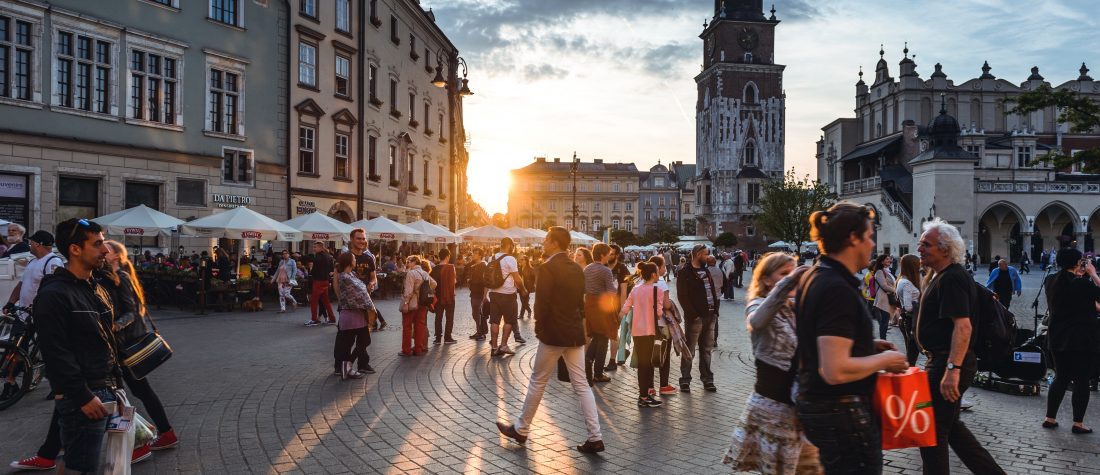This article is the seventh in a series of eight introducing the Liberal White Book: Europe 2030, the European Liberal Forum’s flagship publication highlighting the challenges that the EU faces and presenting a range of future policy options.
The pandemic saw European countries provide unprecedented levels of support to their citizens. Although necessary, this will not come without a cost; the true impact will only be felt when the economy enters a recovery phase and temporary measures subside. When this happens, unemployment and poverty will increase. Many small businesses will suffer closures and bankruptcy.
Problems like these will be exacerbated by other perennial challenges and governments will have to respond to rising inequality, demographic shifts, the climate crisis and the changing nature of work. Europeans will need skills in new technologies. Some of the challenges, such as regional disparities, cross-border mobility, or the social impact of the green and digital (‘twin’) transitions, can only be properly addressed at a union-wide level.
Social systems are the backbone of these responses. All citizens are entitled to living independent lives full of opportunity and policymakers need to create a supportive environment for the vulnerable, facilitating their independence.
Demographic shifts
Europe’s ageing population has long concerned the continents’ politicians. How can we protect the interests of ageing populations without compromising those of younger generations? This conflict over the just division of resources does not need to be seen as a zero-sum game. The collective interests of all can be met as long as systems of social protection are balanced and support those at every stage of life. Countries supplementing their labour forces with new migrants may be on the right track to tackling dependency ratios – which have grown too high with increasing numbers of retired people. Still, deliberate increases in the number of immigrants among such populations, with the diversity they inevitably bring, is not without its challenges.
Wave of intolerance
Politicians are increasingly exploiting social issues like immigration. Such populist tactics are contributing to the illiberal wave sweeping the continent. Populism wins when citizens are driven by insecurity, fear and lack of trust. Europe must make them feel secure. Structural reforms of social systems and investments with a social impact will safeguard European democracy and values – and protect them from illiberal attacks.
Updating our fundamental principles
It cannot be assumed that social support systems can carry on, through crisis after crisis, without adapting to changing circumstances. Radical changes will be needed in order to tackle future crises (that are, for now, impossible to predict). Challenges facing the EU are increasingly transnational. As such, the European social policy framework needs updating; it must be future-oriented and citizens-focused, adaptable to the variety of European social systems.
Joining in
Responses to social policy challenges cannot only mean revenue redistribution led by member states. This approach is simply not functional.
Solutions can only be provided through a genuine public-private partnership, constant dialogue and the involvement of civil society at large. Traditional approaches alone won’t work; we need a modern mix of innovative ideas and practices offering access and opportunity for all citizens. Democratic processes need to be upheld; individuals must be empowered to have a say in policy decisions as part of a collective decision-making process.
Tackling unemployment
The liberal response here is to find a balance between individual responsibility and social support. Social support with underlying conditions is an excellent method for keeping help accessible to those in need without making unemployment a convenient option for those who could easily find work.
Forward thinking
The most optimistic solutions invest in the next generation. Policies for youth and children must include investments in health, housing, nutrition, education and training, and active measures for their skills and future employment. It is only through fostering social policies designed with the next generation in mind that we will be able to attain a European society that is more deeply embedded in its own founding principles.


